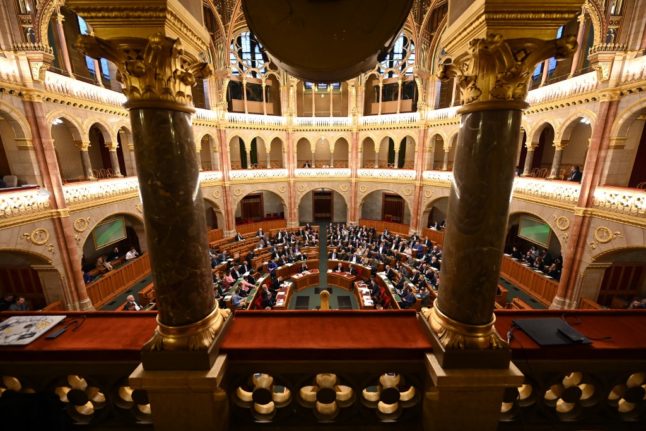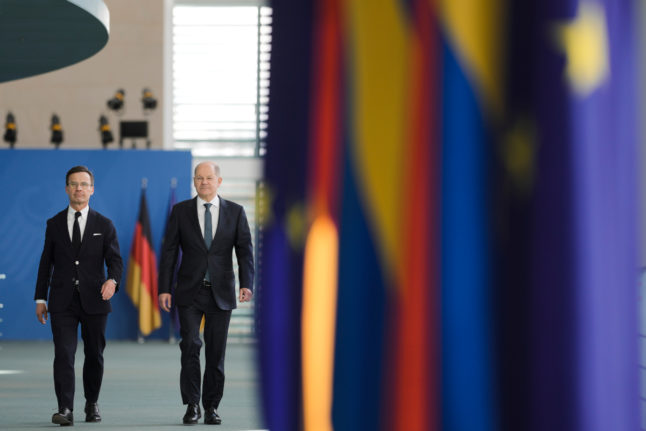All 30 Nato member states except Hungary and Turkey have ratified the accession of Sweden and Finland, which dropped decades of military non-alignment with bids to join Nato after Russia invaded Ukraine.
New members to the Nato alliance require unanimous approval. Hungary’s ruling party has repeatedly rejected scheduling a vote in parliament on the issue though the government insists it backs the two Nordic nation’s accession to Nato.
“For us, the Finns and the Swedes are our allies, and just like we can count on our allies, they can count on us too,” said Gergely Gulyas, chief of staff to Prime Minister Viktor Orban.
“We have no objections,” he told a press briefing. Orban has sought close ties with Russian President Vladimir Putin in recent years, and although his country has supported EU sanctions against Moscow over its invasion of Ukraine, the Hungarian leader has repeatedly criticised the measures in public.
Gulyas said Hungary had to pass anti-corruption reforms, closely watched by Brussels, before parliament can turn to the Nato issue.
EU member Hungary is in talks with Brussels to unlock EU funding currently held over corruption concerns.
“The number of laws that remain (to be voted on) depends on when and how the agreement with the Commission is reached,” Gulyas said.
The goal, he specified, was to ratify Finland’s and Sweden’s Nato membership application “during the autumn session” of parliament, which ends on December 7.
The Hungarian opposition accuses Orban’s party of dragging its feet by refusing to put the issue on parliament’s agenda for a vote. The Socialist Party called it “incomprehensible and unjustified”, while the Momentum party accused the government of “blackmailing” the EU.



 Please whitelist us to continue reading.
Please whitelist us to continue reading.
Member comments